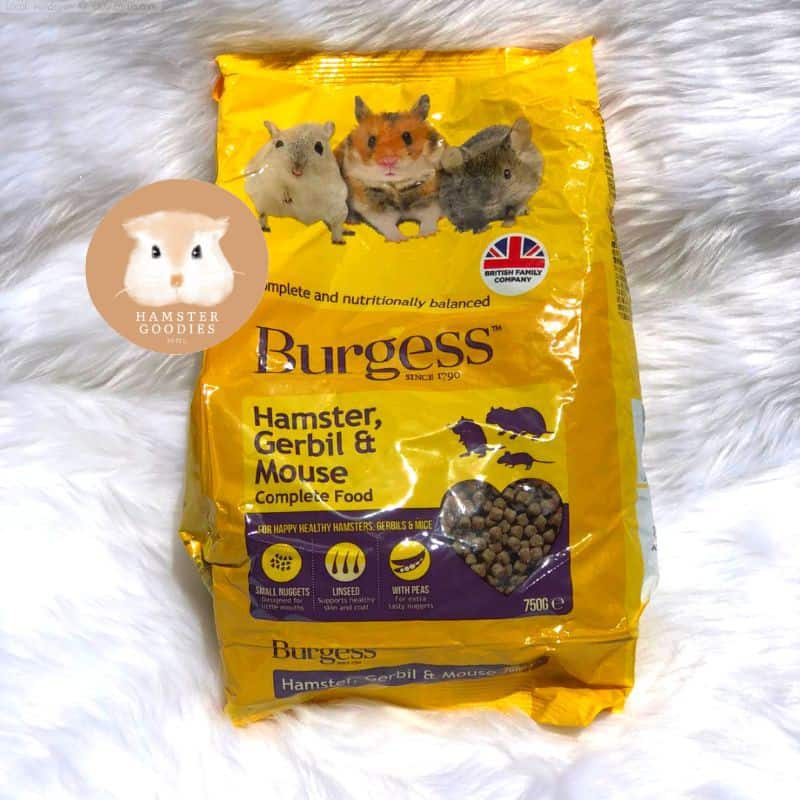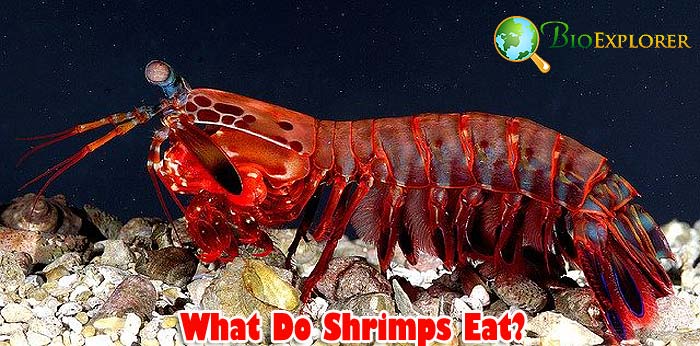Goldfish may consume tropical fish food in an emergency situation; however, this food is designed with other fish species in mind and may not meet all their dietary needs.
Goldfish require a diet high in carbohydrates and fiber; tropical fish foods tend to provide lower amounts of these essential elements and more protein than ever.
Contents
Protein
Although goldfish can eat tropical flakes, this is not advised. These foods are designed for freshwater fish and may not meet all their dietary requirements – for instance, protein levels in tropical flakes tend to be higher than food tailored for goldfish; additionally they lack essential fiber content which supports their health and vitality.
An alternative to tropical flake food would be feeding your goldfish a gel or pellet diet, which often contains higher-quality ingredients than the generic fish meal (ground up waste products of fish processing for human consumption) used in most flakes and pellets. Pellet foods also have the advantage of sinking to the bottom of their tank rather than floating at its surface, preventing your goldfish from swallowing air which could harm their health – YFS Goldfish foods are an excellent choice as they only use high quality ingredients like Krill, whole menhaden and Spirulina!
Carbohydrates
Goldfish require a diet high in carbohydrates and fiber; tropical fish flakes typically contain only 3-4% carbs; these foods also tend to have more protein than is ideal.
Most fish food ingredients will offer a crude nutritional analysis, detailing the percentages of protein, fats and carbohydrates. This allows customers to quickly compare products that might best fit a species of fish they own.
Flakes intended for tropical fish typically include ingredients rich in starches such as fish meal, ground brown rice, dried yeast and shrimp meal – all essential sources of energy for tropical fish.
Goldfish require a diet high in vegetable matter. They thrive when fed an assortment of food preparations such as flakes, pellets and frozen foods; otherwise they risk developing nutritional imbalances that could result in digestive issues and buoyancy issues.
Fiber
Goldfish require food with a higher fiber content to aid their digestive process and one that contains less protein.
Reasons why it is crucial that goldfish do not receive tropical fish flakes on a permanent basis include their high protein and low fiber content which makes digesting food difficult for the goldfish, leading to many health issues like diabetes, obesity, slow growth, fin nipping tankmates, constipation, color loss and anorexia.
Purchase food designed specifically for goldfish to ensure it contains high fiber and low protein, along with carbohydrates and nutrients in appropriate amounts to provide your goldfish with optimal diet and lengthen their lives. However, ensure their environment remains clean with regular tank maintenance practices as this will also support long-term survival of their population.
Other Ingredients
Goldfish can enjoy most tropical fish foods designed for tropical environments. The main difference between them and those meant for cold waters lies in their protein content; goldfish have the ability to process it more readily in warmer waters, leading to reduced waste excretion and cleaner tank water conditions.
Foods formulated for Goldfish include ingredients with extra carotenoid sources like alfalfa or spirulina to promote healthy coloration, while others provide them with plant or algae sources that supply their necessary fiber and nutrient content for growth and survival.
Some foods are also more digestible than others, reducing waste and ammonia released into an aquarium. By choosing plant and algae-based formulas for feeding goldfish, you may help extend their lives as studies show higher glycogen and carotenoid levels when fed foods rich in algae. Many top goldfish food brands even provide fish-free options to preserve earth’s oceans from overfishing.



